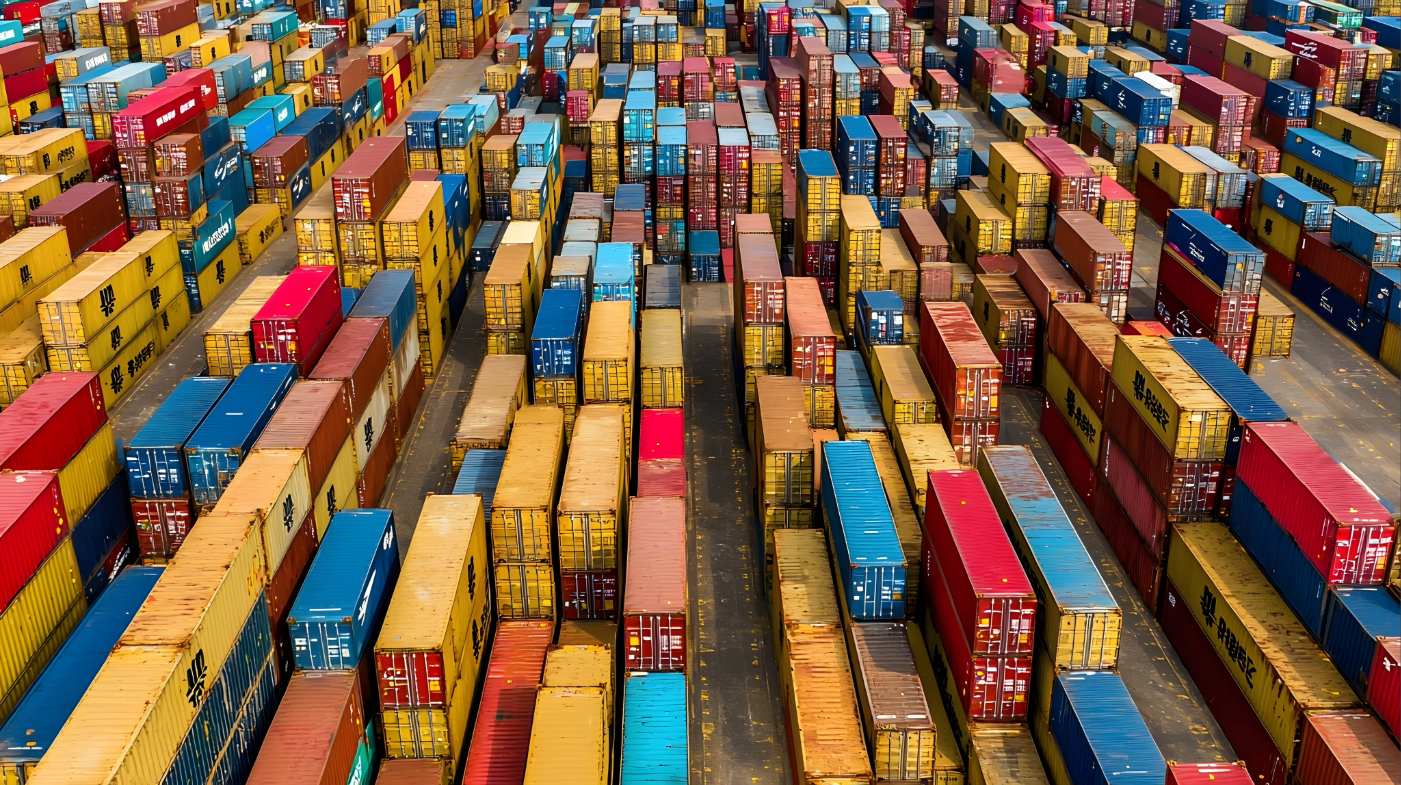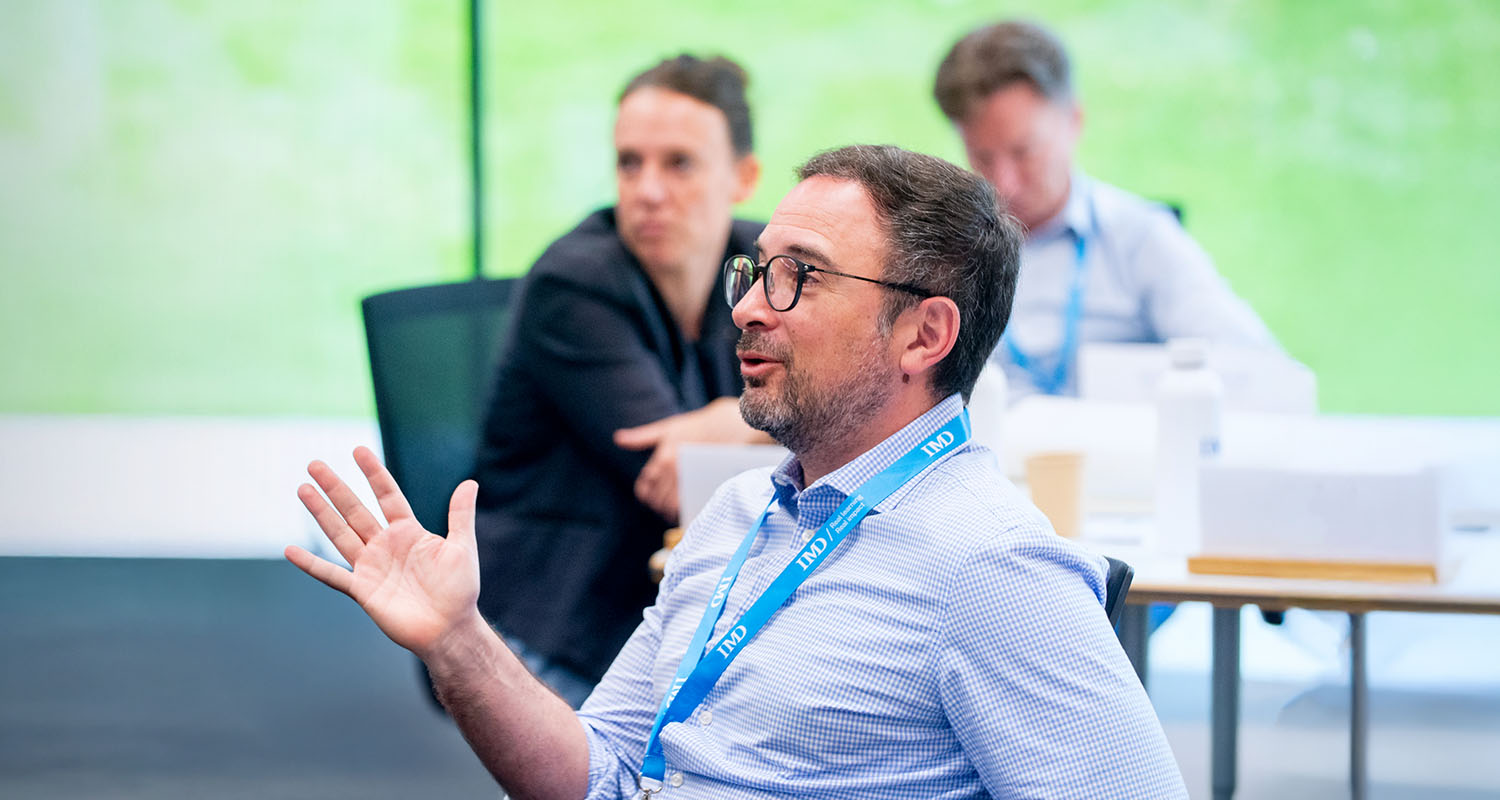Solve disconnects structurally
Van Weesep notes that new challenges drive a shift in leadership focus. “While excellence in execution will always be a key focus in supply chain, most of my focus is on identifying and addressing inconsistencies in, for example, processes, behaviors, competencies, or data,” he explains. “Supply chains have become extremely interconnected and integrated, and I always ask myself the question: What disconnect across the value chain do we need to address to become more coherent in the future?”
He cautions against a linear approach, explaining that, in a complex supply chain ecosystem, pulling one lever to drive change might not consistently move the system in the desired direction on all fronts.
One of the disconnects he recognizes is around talent development. The experience of working in multi-disciplinary teams, coming together in one (physical) place, and creating a customer-centric approach that is truly aligned across all aspects of the business is invaluable. “During Covid, we had to focus so much on continuity in our own area, which caused a loss of momentum in cross-functional collaboration and integration. The difference between understanding the concept of the value chain versus experiencing what it is like when it all comes together is significant.”
Implementing plans that support future supply chain leaders to gain this experience and grow their ability to become the orchestrators of the future is key for van Weesep









